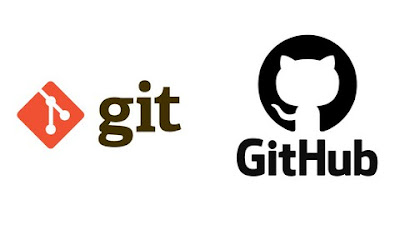I take Exception to that! Exception Handling in multi-threaded code

Far and away improper implementation of exception handlers can be the most insidious source of threading mistakes. Unless the application author implements proper exception handling/handlers, an uncaught exception at minimum can cause a live lock or deadlock, or worst case can terminate the application without cleaning up background threads. In addition, an unhandled exception can leak resources. e.g. in the .NET Framework or Core, Dispose methods will not be called. Here are some common mistakes I've seen: 1) Failure to install application wide AND app domain exception handlers. As noted above, an unhandled exception can cause thread lock or crash the application leaving orphaned threads and resources. Shrink ▲ using System; public class Example { public static void Main() { AppDomain currentDomain = AppDomain.CurrentDomain; currentDomain.UnhandledException += new UnhandledExceptionEventHandler(MyHandler); try {...





